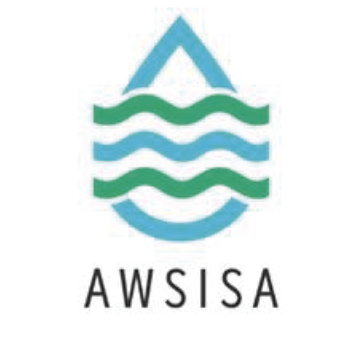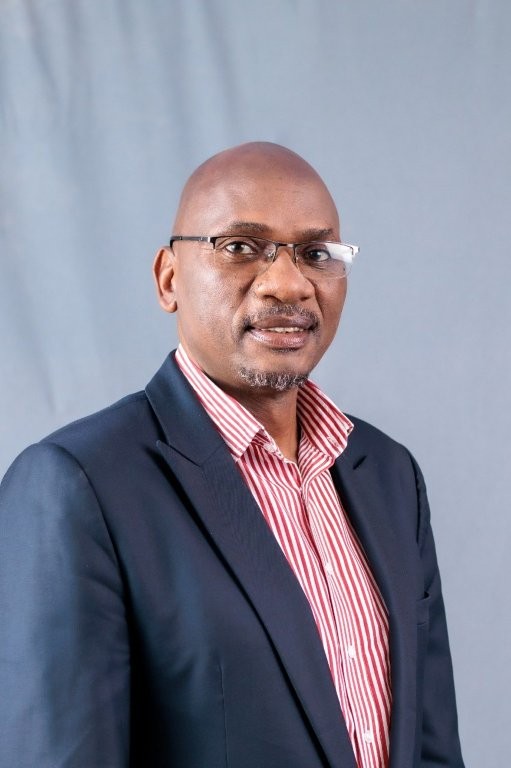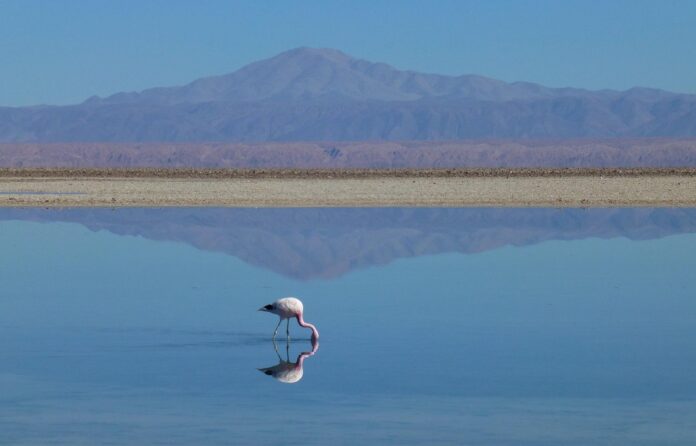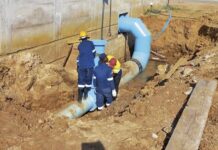Water is a strategic national resource and a constitutional right in South Africa. Yet the sector is in deep crisis. Over 100 municipalities are functionally distressed, non-revenue water averages 47% and consumer trust in public service delivery is eroding. These challenges point to the absence of a strong, independent regulatory framework that can enforce standards, regulate tariffs and protect consumers and service providers.
 This article aims to present a case for an independent water and sanitation regulator rooted in legal precedent, policy direction and international best practices.
This article aims to present a case for an independent water and sanitation regulator rooted in legal precedent, policy direction and international best practices.
Regulatory fragmentation
South Africa’s water-sector governance is split across multiple levels of government, with regulatory functions spread between the Department of Water and Sanitation, municipalities, provincial departments and the Treasury. This creates overlaps, gaps and inconsistent standards enforcement. The current Water Services Authority (WSA) model allows politically governed municipalities to act as service providers, blurring lines of accountability.
There is an urgent need to establish an independent water and sanitation regulator in South Africa.
An independent regulator would provide technical continuity and depoliticised oversight, ensuring a consistent application of water laws and performance standards.
Learning from domestic precedents
South Africa has successful regulatory bodies in other strategic sectors. These include the Independent Communications Authority of South Africa, ICASA, which is tasked with regulating telecoms and broadcasting. It is a regulatory body that has improved access, competition and tariff fairness.
The National Nuclear Regulator (NNR) is another example. The NNR provides independent licensing and safety enforcement for nuclear energy via the South African Nuclear Energy Corporation, NECSA.
Both institutions demonstrate that independent governance, secured funding and clear statutory mandates can ensure regulatory credibility even in high-risk sectors.

Global comparisons
Countries with similar developmental contexts have instituted independent regulators with demonstrable benefits including NWASCO in Zambia, which uses a licensing regime and performance reporting to drive efficiency, ERSAR in Portugal which oversees quality, pricing and planning in a transparent and consultative framework and the UK’s Ofwat. The last-named entity is a global model for tariff review, investment guidance and long-term capital planning.
Political momentum: the Indaba mandate
The Presidential Water and Sanitation Indaba (March 2025) highlighted regulatory reform as a top priority. Recommendations included the need to establish an independent regulator to oversee tariffs, standards and licensing.
The Indaba further suggested that institutional profession-alism required strengthening and that service delivery should be ringfenced from politics.
The other main recommendation related to adopting integrated, climate-resilient infrastructure planning frameworks.
Proposed mandate and structure
An independent regulator should be empowered by national legislation with the authority to:
- License water-service providers.
- Review and approve bulk and retail tariffs.
- Monitor and enforce technical and service standards.
- Provide a dispute-resolution mechanism for consumers.
- Publish annual performance audits and benchmarking reports.
The regulator must report to Parliament, be funded independently from service providers and operate transparently.
Conclusion
Water governance in South Africa demands a shift from decentralised discretion to institutional integrity. An independent regulator is not a cure-all, but it is the cornerstone of a sustainable, equitable and accountable water sector.
The time to regulate is now.









